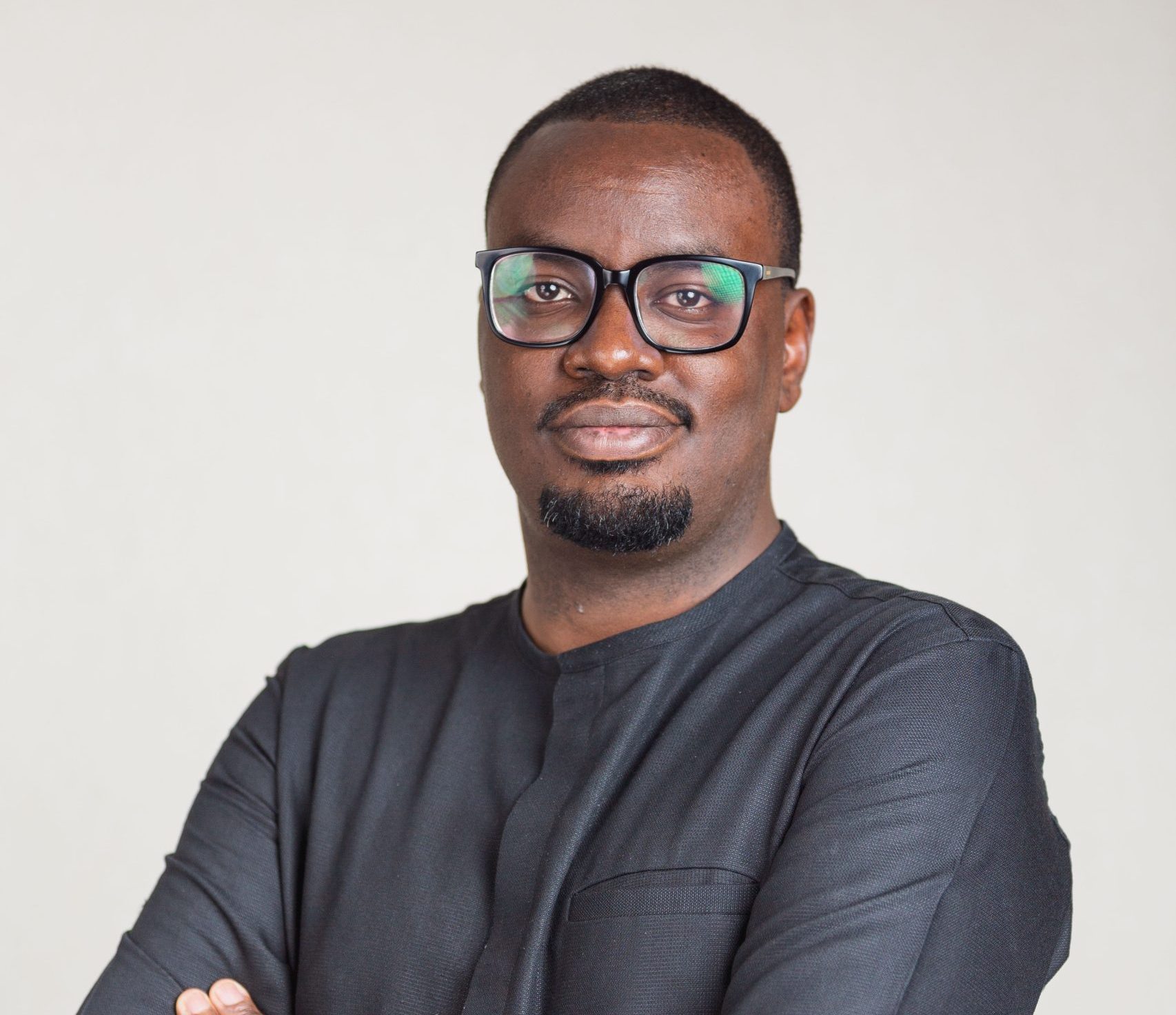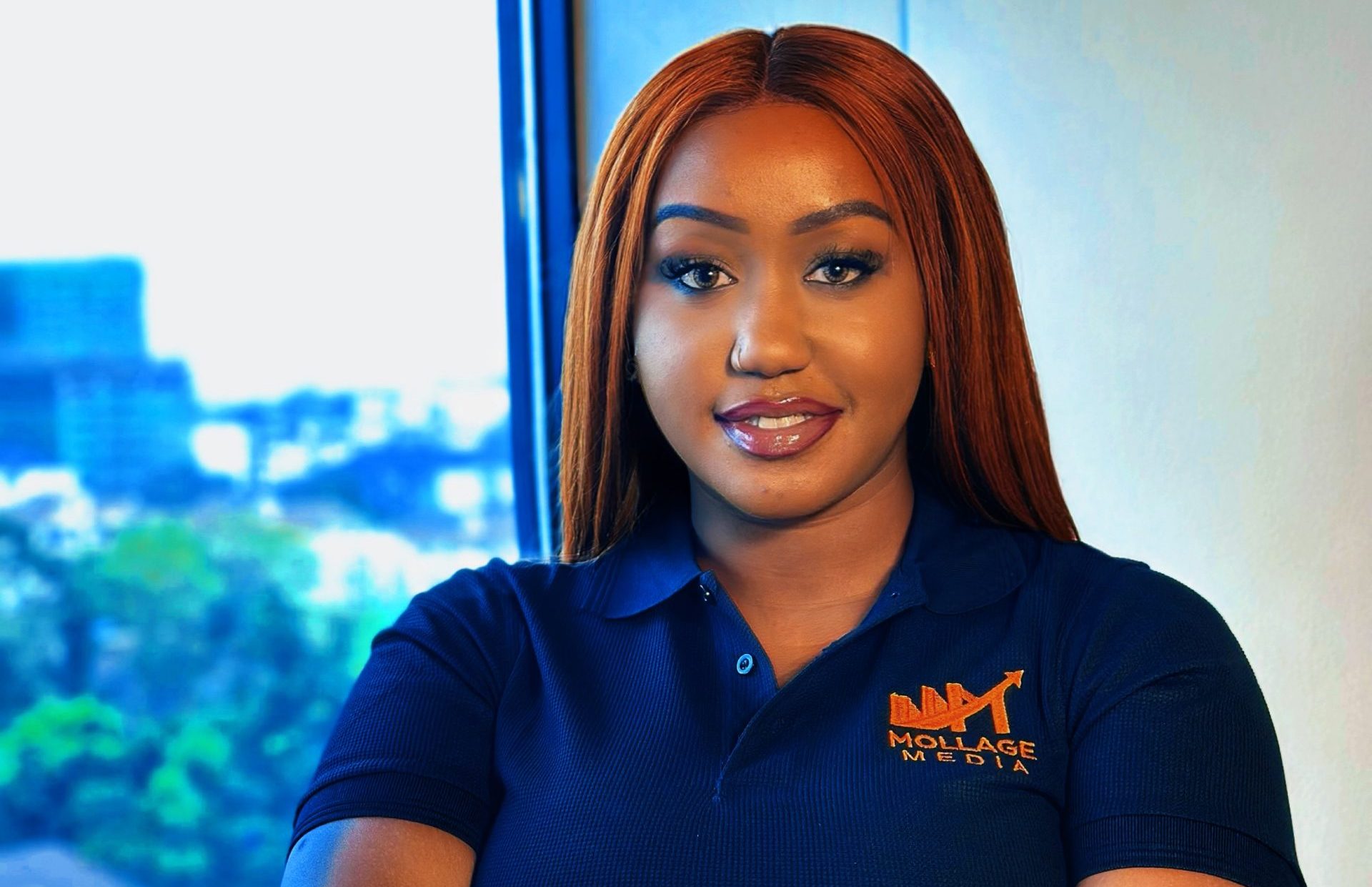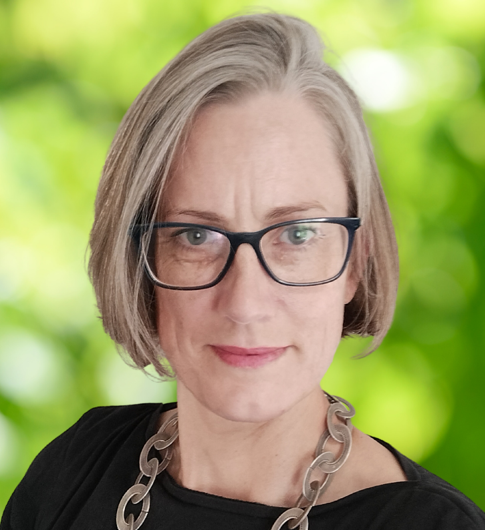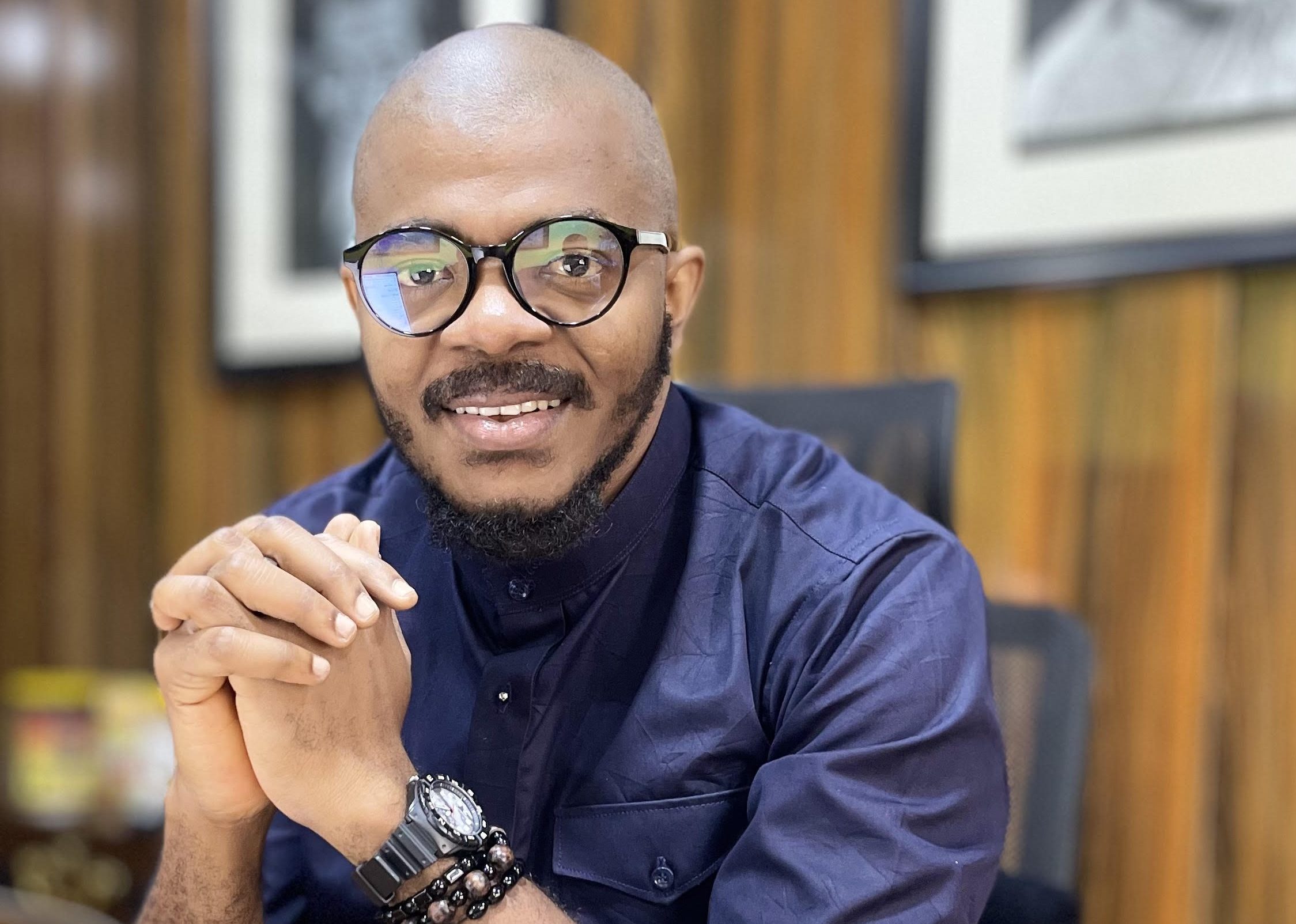Nicolas Emane’s career journey is quite an interesting one. While he started out in Marketing, he found himself drawn to Communications. His career has taken him through a few countries and industries. Currently, he works as the Partner, Program Communications at MasterCard Foundation, Rwanda, where he works to support and amplify the voices of young professionals and changemakers.
How did you start your career in Communications?
At first, I was interested in Marketing and not in Comms. When I made a pause in my studies in France, I had the opportunity to work in the Marketing department at a Telco in Gabon. So I had the opportunity to learn a bit about Comms in this role.
When I relocated to Rwanda in 2012, I discovered a bit more about Comms and started working with a media company here. Then I moved to different development organisations and NGOs.
I navigated the NGO world for quite some time, and I really liked the aspect of disseminating the impact and beyond that, supporting leaders to express themselves and share their knowledge, the thought leadership elements, the media management, Public Relations, and so on.
Tell us about your role as Partner, Program Communications at Mastercard Foundation, Rwanda.
I started this role four years ago during the pandemic and the work of the Mastercard Foundation is quite vast. In all the seven African countries we’re in plus Canada, there’s really some great impact that deserves to be shared.
Many young people are doing incredible things and the organisations they work with actually doing incredible things as well. When I joined, the idea was to amplify young people’s voices, boost the visibility of the work being done and share knowledge.
As you do work like that, it comes with knowledge that is likely to influence the system. This knowledge isn’t necessarily gained or shared by Mastercard Foundation but by the young people and changemakers, we work with.
My job requires me to put in place the mechanisms to amplify their voices so that other young people can engage in this journey of empowerment and resilience and also influence systems in place to make the necessary changes to enable more young people to access dignified and fulfilling job opportunities.
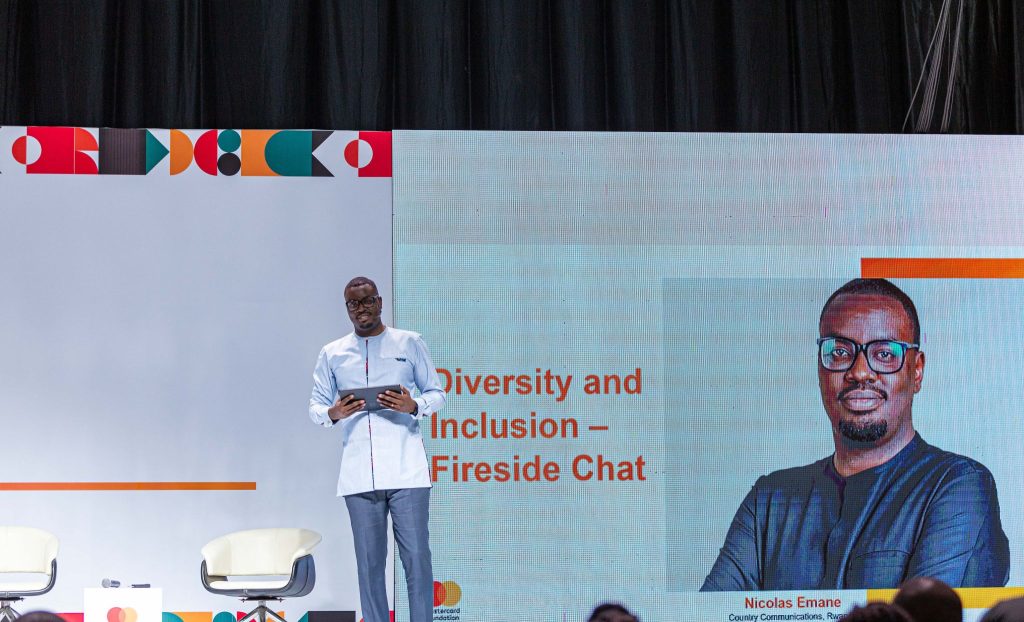
Can you share some career highlights from your journey so far?
One of the most rewarding aspects of this career has been the opportunity to meet remarkable individuals. Since the beginning of my career journey, there has been the privilege of interviewing people, learning about their real and deep stories, and packaging these stories to share with a broader audience.
Many of these individuals have overcome significant challenges, and their resilience and achievements have often served as a source of inspiration. Their stories remind me to be grateful and remind me of the opportunities for growth and success, even amidst difficulties.
Another proud accomplishment has been the creation of the Kura website, which was developed with young people in Rwanda to share their stories. This site also offers employment and educational opportunities and is growing into a vibrant platform.
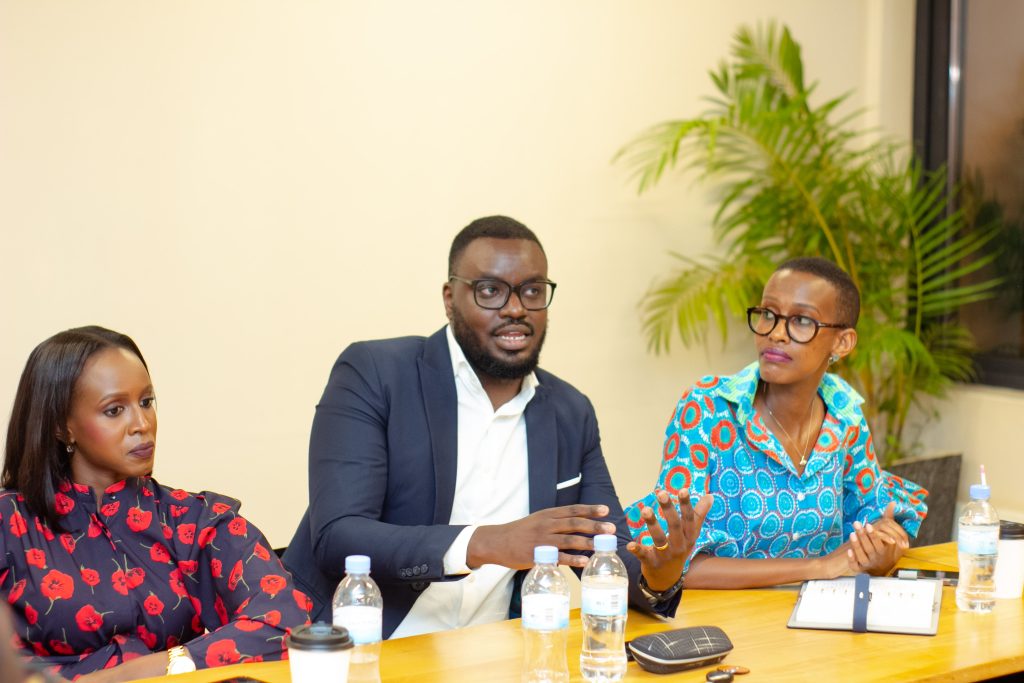
How would you advise a professional to develop public speaking skills?
Many leaders and colleagues have amazing knowledge and social capital but they struggle to share the work they do. I started to look into this and then began with supporting colleagues and leaders with their speeches and media training.
Over time, this evolved into a realisation that personal involvement in packaging and delivering content could add even greater value. By taking on roles as a master of ceremonies (MC) or moderator, it became possible to set the stage for discussions, ask insightful questions, and draw out deeper responses from speakers. Through these experiences, there was also a focus on honing public speaking skills and more opportunities came.
I also did an exercise called The Ikigai, which involved discovering a professional or life goal. This exercise revealed that my professional goal is to support visionary and committed leaders in crafting messages that resonate with their audience.
For professionals looking to develop public speaking skills, I would advise to start with a “why.” Is it to increase your visibility, gain more opportunities, or share a particular message? It is also essential to determine the context in which public speaking will take place, whether it be as an MC, in the workplace, or through online platforms. From there, you need to seek out more opportunities and continuously improve through practice.
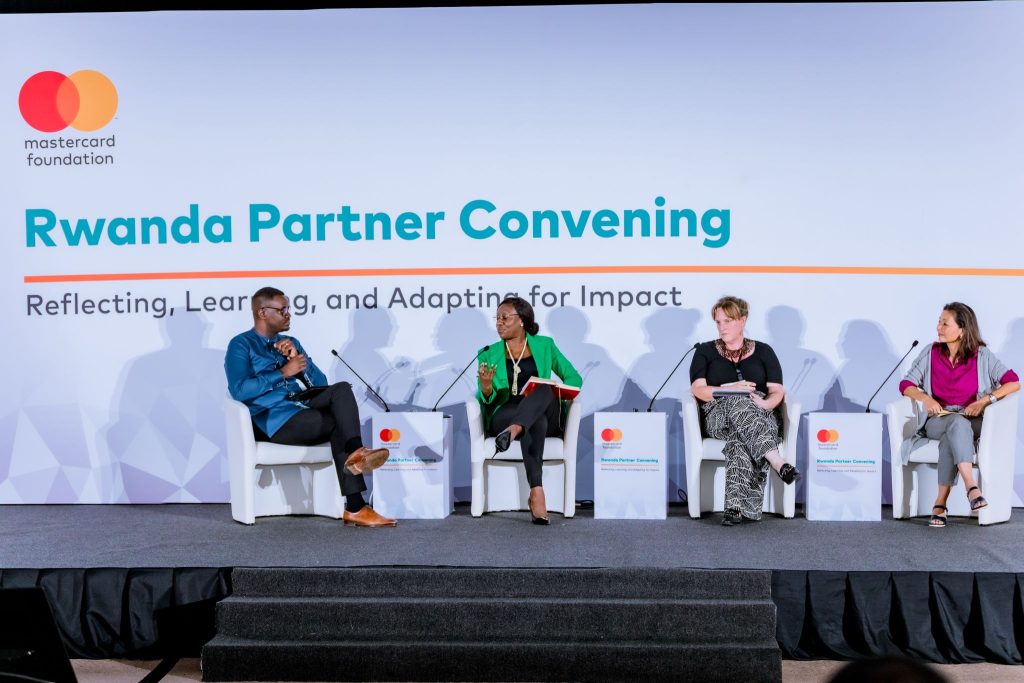
What changes have you observed in the Rwandan Communications landscape over the years?
Over the years, the Communications landscape in Rwanda has evolved significantly. There is a strong sense of national pride, or “Agaciro“, which is reflected in various initiatives that have boosted the visibility of Rwanda internationally. Campaigns such as “Visit Rwanda” on Arsenal and PSG football jerseys, the growth of RwandAir, and numerous other initiatives have showcased the country’s development.
For Communications professionals, this increased visibility enhances the meaningfulness of their work. The evolving landscape provides a supportive backdrop for sharing the stories of young Rwandans and showcasing their achievements, making the work both more fulfilling and impactful.
If you could advise your younger professional self, what would you say?
You are not done learning, and you cannot do everything. Communications is a highly subjective field, with constant developments in behaviours, platforms, and audience interests.
Continuous learning is essential, and it is important to pick your focus. It is better to excel in one area rather than be average across multiple disciplines.
By focusing on your strengths, building experience, and also finding joy in the work, you can have a satisfying career.

